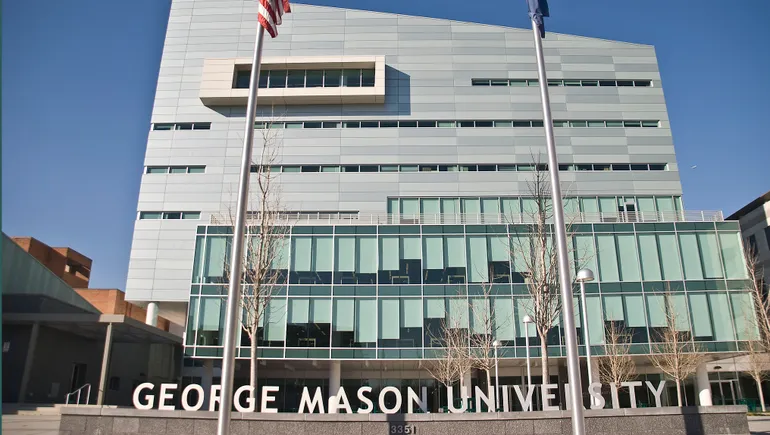- Tuition fees must be index-linked to inflation, says the report
- It recommends a new partnership with Whitehall to stabilise university finances and boost their economic contributions
- A new global strategy should enhance universities’ reach while reducing financial dependence on international student fees
In a report, released on behalf of Universities UK on September 30, universities have set out a package of reforms including how to widen participation, help boost the economy, help train doctors and nurses, and support the drive to net zero.
“This country needs its universities firing on all cylinders if we are going to turn a corner in economic growth. We want to work with government in an ambitious new partnership to make sure that happens,” said Professor Dame Sally Mapstone, UUK president and vice-chancellor of St Andrews University.
Calling for an increase in public funding so that the cost of university is rebalanced towards the government rather than students, the report said that tuition fees must be index-linked to inflation, “not to address the funding shortfall, but to allow fee income to maintain its real-term value over time”.
“This is an essential step that must be taken a as soon as possible, alongside increasing maintenance loans in line with inflation and reintroducing grants for the poorest students,” the report said, pointing to the 12-year virtual freeze in tuition fees that has “decimated” university finances.
In June 2024, the OfS annual review predicted that a significant decline in international student numbers, coupled with no cost-cutting activity could lead to up to 80% of institutions being in deficit by 2026-27.
In the UK, the government covers 16% of higher education’s costs – one of the lowest proportions among developed countries, the report highlights.
The blueprint recommends that universities set up a new compact with Whitehall with a two-stage approach; firstly to stabilise the sector’s finances, and then to help them maximise universities’ contribution to the success of the UK.
Key ideas include working with schools and colleges to increase participation in higher education and working with businesses and mayors to contribute to growth at local and regional levels.
We can take the path which leads to better and stronger universities… or we can let them slide into decline
Dame Sally Mapstone, UUK
“Universities are essential to economic growth. For every one pound spent on them, the government makes £14 in return. But we face a choice.
“We can take the path which leads to better and stronger universities, delivering on the new government’s missions, and doing more to open up opportunities to a broader range of people, or we can let them slide into decline.
“We must choose the former path. This is not just government’s responsibility. It is a shared responsibility with universities themselves, and one which we are taking head on with this blueprint,” said Mapstone.
According to a report in The Times, ministers are in “live” discussions about increasing university tuition fees to £10,500 over the next five years, though this would need to be approved by the Chancellor Rachel Reeves.
The compact recommended by UUK would include establishing a new global strategy for universities to secure sustainable levels of international student recruitment while also harnessing institutions’ global reach and benchmarking immigration costs to ensure that the UK attracts talented academics, entrepreneurs and technical staff.
The blueprint also recommends that the UK commits to the Turing Scheme and introduces two- or three-year funding allocations, as well as joining the next Erasmus scheme.
Whilst the report says the government should maintain the Graduate Route for the lifetime of this parliament, it also notes universities’ over dependence on income from international students, an inherently volatile income stream.
It is fundamentally unwise, at a national level, to base the sustainability of the education of UK students, and our research, on an inherently unstable and contested source of income
UUK report
“This is not solely a challenge for universities. It is fundamentally unwise, at a national level, to base the sustainability of the education of UK students, and our research, on an inherently unstable and contested source of income,” it said.
The report highlights the benefits of UK universities’ global reach, with international collaboration involved in 60% of research output and international HE and TNE contributing £24 billion to the economy.
However, it notes that the increasing public and political focus on the challenges posed by internationalisation and the contribution of international students to net migration “has made for a deeply uncertain operating environment” negatively impacting long-term investment from students and businesses.
It calls for the government to work with the sector to achieve sustainable growth with no room for abuse of the system.
#Universities #call #tuition #fee #rise #line #inflation










